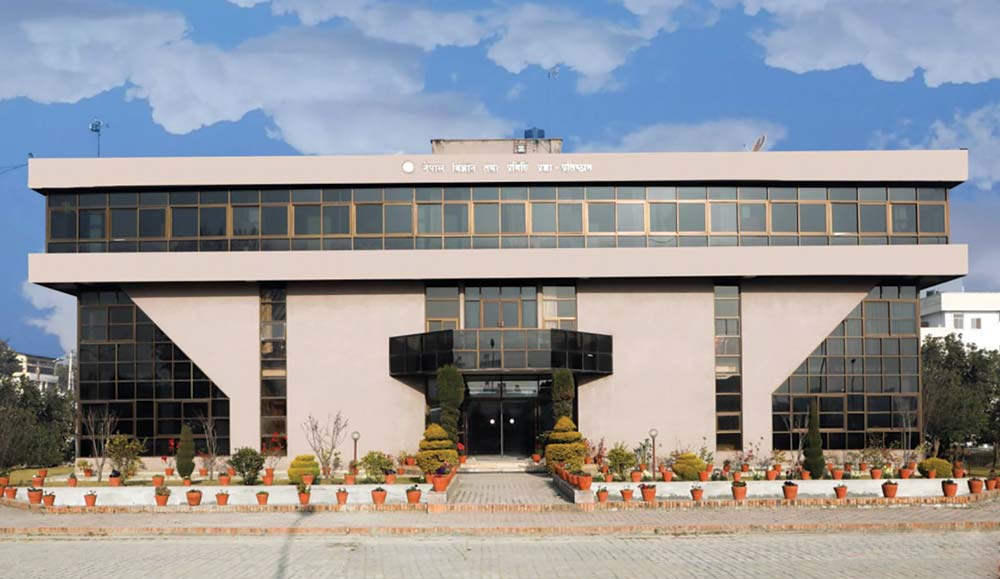Nepal Urged to Embrace Science Diplomacy for Technological and Economic Growth

Kathmandu, Nov. 11 - Experts and scientists convened in Lalitpur on Sunday to discuss the pivotal role of science diplomacy in propelling Nepal towards technological excellence and economic prosperity. The event, titled 'Science Diplomacy for Nepal: Advancing Science and Technology Promotion', was organized by the Nepal Academy of Science and Technology (NAST).
Participants underscored the need for both medium and long-term strategies to bolster Nepal's science diplomacy efforts. They highlighted historical examples where science diplomacy has been instrumental in fostering collaborations post-World War II, notably between the USA and countries like Japan, South Korea, and the former USSR, leading to significant advancements in science and technology.
Dr. Sunil Babu Shrestha, former Vice-Chancellor of NAST, emphasized that science diplomacy could be a catalyst for Nepal in fostering new collaborations in critical areas such as human development, research, and technology transfer. He noted past efforts where NAST signed agreements with international bodies and engaged in discussions with diplomats to enhance Nepal's scientific endeavors. A notable achievement was Nepal's successful launch of a nanosatellite in 2019, which he attributed to effective science diplomacy.
The experts advocated for the establishment of a national science diplomacy forum to advocate for and coordinate these efforts. They pointed out the absence of science advisors within the government, suggesting that NAST should take on this advisory role to drive national science and technology policy.
Dr. Hemu Kafle from the Kathmandu Institute of Applied Sciences stressed the urgent need for technology transfer in Nepal, advocating for robust collaborations among various stakeholders to enhance science diplomacy initiatives.
Prof. Dr. Mahesh Kumar Maskey from NAST's Science and Technology Promotion Committee called for political leaders and lawmakers to grasp the importance of science diplomacy, particularly in achieving the Sustainable Development Goals (SDGs) through cross-border cooperation, especially with Nepal's neighbors.
The discussions also touched on the global trend of international organizations like the United Nations and the World Health Organization engaging in science diplomacy. Maskey noted the growing significance of similar collaborations within the BRICS bloc.
Recommendations from the event included focusing on nurturing young scientists, promoting international collaborations, empowering NAST, and increasing investment in research and development. Additionally, there was a call for a structured mechanism for NAST to regularly engage with key governmental bodies like the Ministry of Foreign Affairs and the Ministry of Education, Science and Technology.
The event concluded with a consensus on the need for a strategic approach to science diplomacy to position Nepal advantageously in the global scientific community and drive economic growth through innovation.
